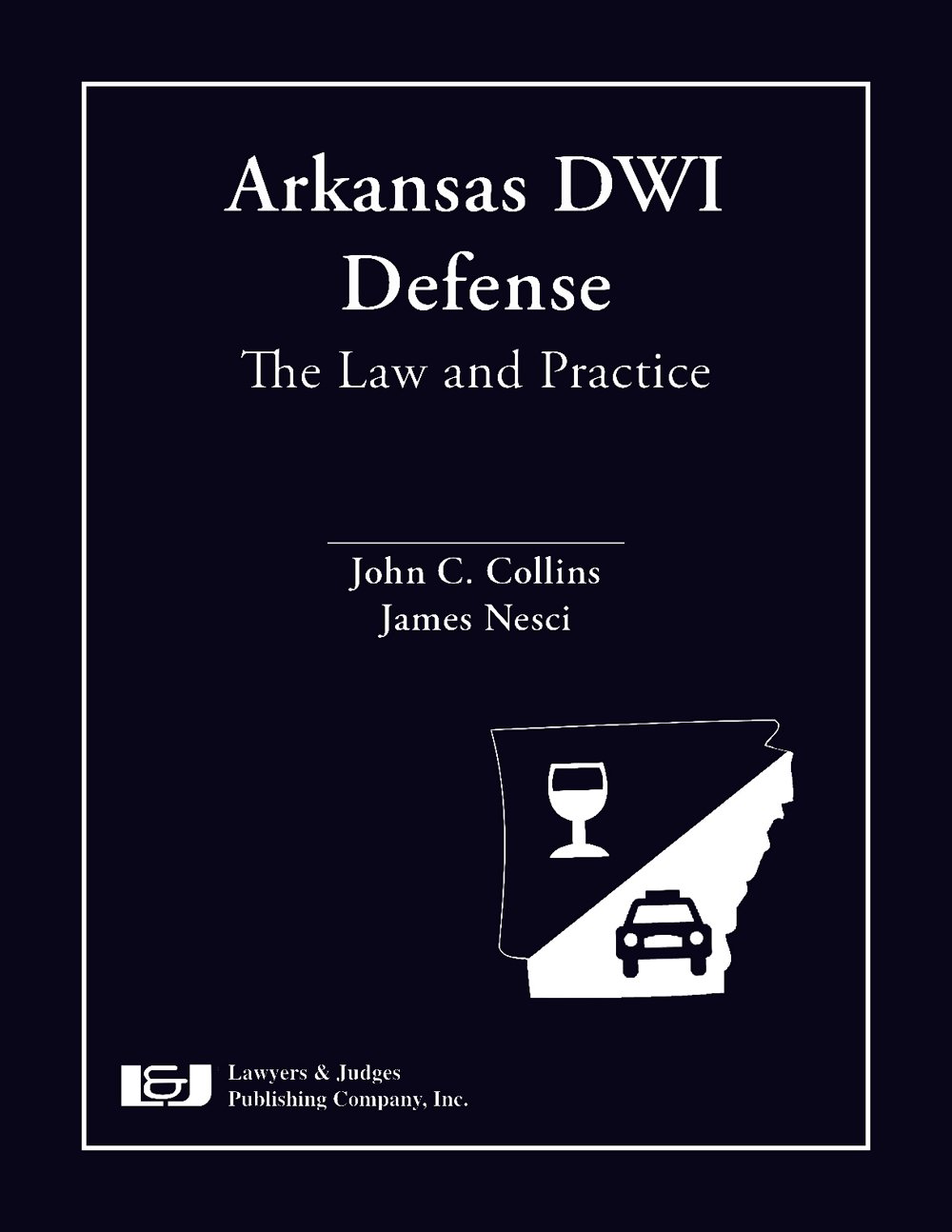Drug convictions, regardless of the severity, can affect your ability to qualify for federal student aid. This means that any drug convictions, ranging from a misdemeanor possession to felony possession with purpose to distribute, can limit your access to aid. How limited and for what duration depends on the charge itself. Generally, in order for the charge to affect your ability to receive student aid, the arrest must have occurred during a time that you were actually receiving federal aid.
It is also important to note, in the face of changing drug laws, that a conviction in one state does follow you if you move to or attend school in another state. Even if you attend school in a different state, one in which the charge that you were convicted of was not a crime, you will likely still be ineligible for federal aid. If you were convicted of a drug-related charge while receiving federal student aid,
you are required to disclose it on your FASFA form. This can result in you no longer being eligible to receive aid in the future. A work sheet is available to give additional guidance during the FASFA process. 1 You do not need to list charges that have been expunged or that occurred before you were 18 years old.
Additionally, if you are convicted of a drug charge after you submit your FASFA form you could lose your student aid eligibility. You could even be required to repay funds you received during the time of your ineligibility.
While these types of charges can have serious consequences, keep in mind that there are options in place to help students regain their eligibility for federal aid after a drug conviction. Generally, a drug conviction will not forever bar you from receiving federal aid; instead there is a time period when eligibility is suspended. You may shorten this time period by completing a designated rehabilitation program or passing two “unannounced” officially administered drug tests. This is a complex issue that can have lasting impacts, not just from a legal standpoint, but from an educational aspect as well. Here at Collins, Collins & Ray, we understand the significance of this issue. We have years of experience handling a range of drug-related charges, from all sides of the courtroom. Let that experience work for you. If you or someone you know is dealing with a drug charge that could impact financial aid, contact CCR for a case-specific evaluation to see what options may be available to you.
1 https://ifap.ed.gov/drugworksheets/attachments/StudentAidEligibilityWorksheetEng1415.pdf

